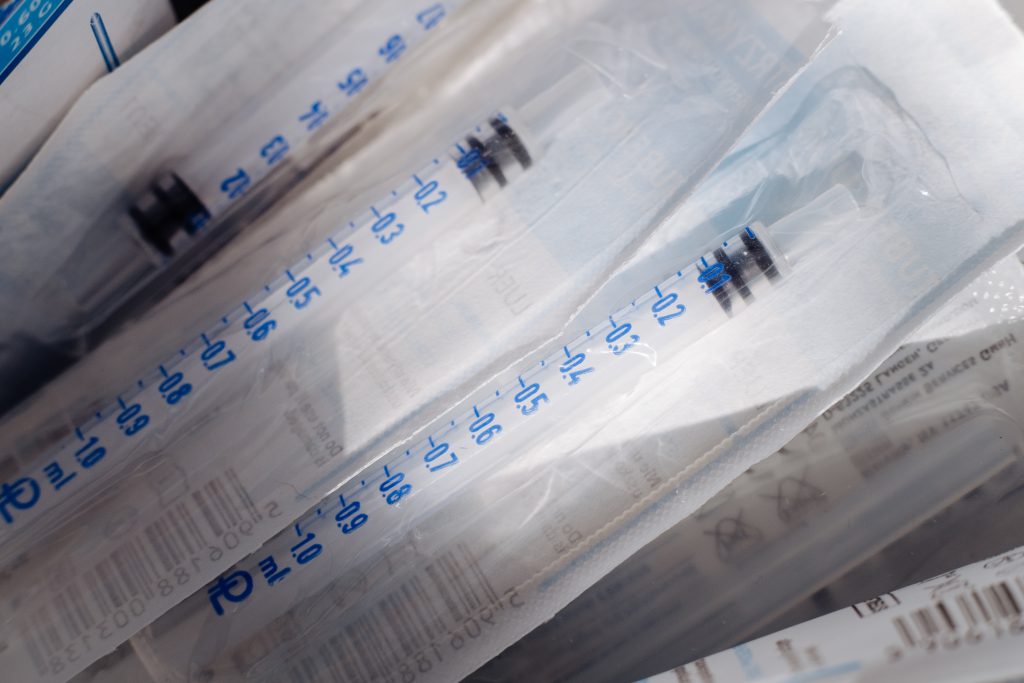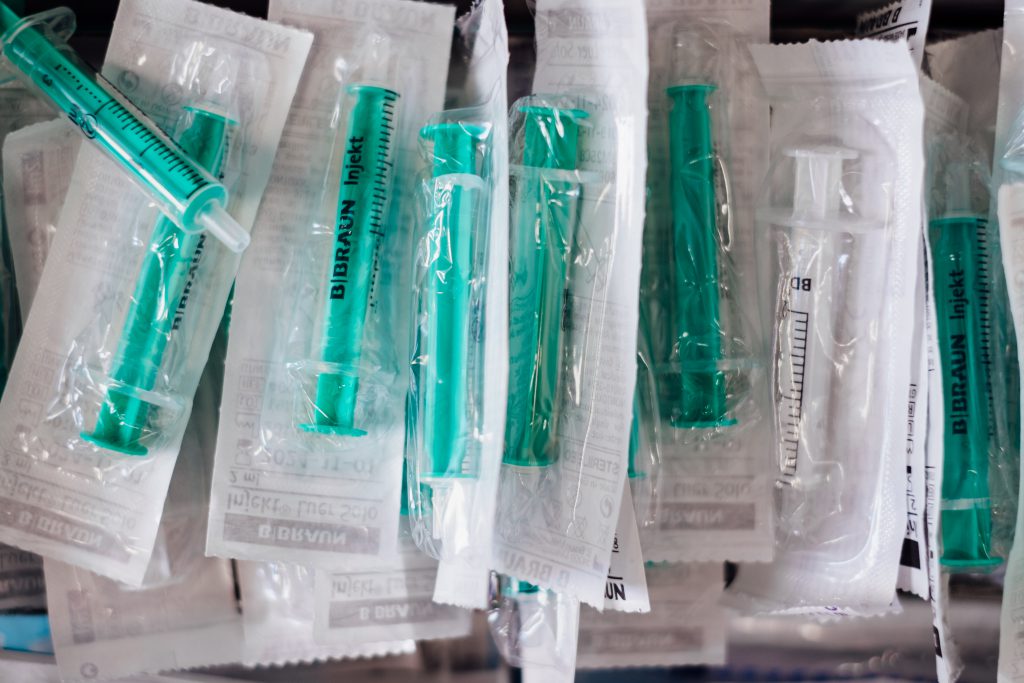Picture Your Rehab In Thailand On High. Learn This And Make It So
페이지 정보

본문
 Introduction
Introduction Medicine addiction is a complex and pervasive issue that affects individuals, households, and communities worldwide. It really is described as the compulsive utilization of medicines despite their harmful consequences. Medication addiction is a global issue that transcends cultural, social, and financial boundaries, impacting individuals of all centuries, events, Dara Thailand and backgrounds. This report aims to offer a brief overview of drug addiction, showcasing its factors, impacts, and possible solutions.
Medicine addiction is a complex and pervasive issue that affects individuals, households, and communities worldwide. It really is described as the compulsive utilization of medicines despite their harmful consequences. Medication addiction is a global issue that transcends cultural, social, and financial boundaries, impacting individuals of all centuries, events, Dara Thailand and backgrounds. This report aims to offer a brief overview of drug addiction, showcasing its factors, impacts, and possible solutions. Factors behind Drug Addiction
Factors behind Drug AddictionNumerous facets subscribe to the development of medication addiction, including hereditary, environmental, and behavioral elements. Genetics may play a role in identifying ones own susceptibility to addiction. Analysis implies that specific hereditary facets may make specific individuals more prone to getting addicted to medicines. Environmental factors, including contact with substance abuse in the household or community, in addition perform a significant part. Furthermore, emotional and personal elements, including anxiety, psychological state issues, and peer force, can play a role in addiction.
Effects of Drug Addiction
Drug addiction has actually severe repercussions on individuals and community overall. At someone amount, medicine addiction can somewhat impair an individual's real and mental health. Substance abuse can result in chronic conditions, including liver and lung harm, heart related illnesses, and an increased chance of infectious conditions like HIV/AIDS. Furthermore, drug addiction frequently results in psychological disorders including despair, anxiety, and psychosis. Also, addiction can stress private connections, cause economic instability, while increasing the possibilities of unlawful involvement.
On a broader scale, drug addiction puts a considerable burden on society. It impacts healthcare systems, as addiction-related medical options and rehab programs are often costly. Additionally, drug addiction contributes to increased crime prices, as individuals risk turning to illegal activities to sustain their addiction. Additionally, drug-related accidents and reduced productivity hinder financial development and development.
Feasible Solutions
Dealing with medication addiction requires a thorough and multi-faceted approach. Prevention efforts should target education and raising understanding towards potential risks of drug use. Effective methods consist of school-based prevention programs, community understanding campaigns, and specific treatments for vulnerable populations.
In addition, treatment and rehab options needs to be made available and inexpensive to all the those suffering medicine addiction. This requires establishing rehab facilities, offering guidance and therapy, and guaranteeing the accessibility to medication-assisted therapy approaches such as methadone or buprenorphine. Help communities and aftercare programs are also crucial in guaranteeing long-lasting recovery.
In addition, there was a necessity for stricter regulation and control within the pharmaceutical business to prevent the abuse of prescription medications. Making sure the option of alternative pain administration methods can reduce the reliance on opioids, decreasing the chance of addiction.
Conclusion
Medication addiction is a complex concern with serious effects for people and community. Its causes are multi-faceted and need multiple ways to avoidance and therapy. By raising understanding, enhancing training, increasing access to treatment, and implementing stricter laws, culture usually takes considerable tips toward reducing the prevalence and influence of medicine addiction. Combating medicine addiction necessitates collective efforts from governing bodies, health specialists, communities, and people to mitigate its impacts and provide help to those affected.
- 이전글Cool Little Opioid Addiction Instrument 24.01.06
- 다음글8 Tips For Dara Rehab 24.01.06
댓글목록
등록된 댓글이 없습니다.
